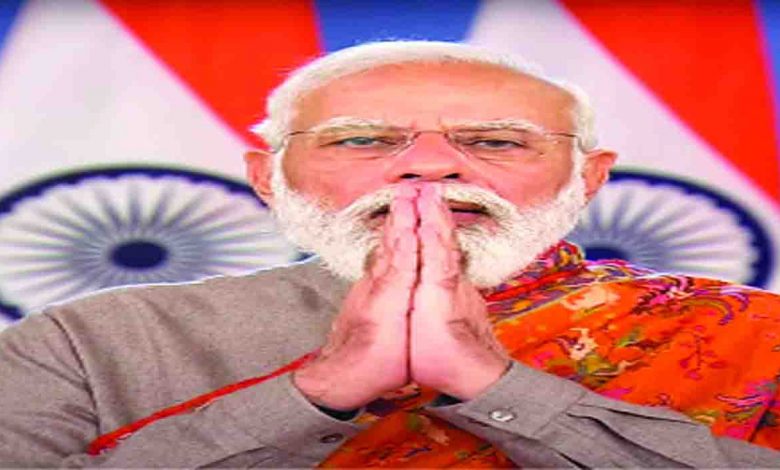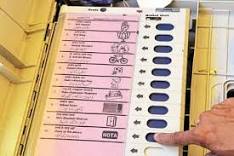Govt climbs down on 3 farm laws

Saturday, 20 November 2021 | PNS | New Delhi
With eye on UP, Punjab polls, PM says ‘sorry’ to farmers
With eyes on the forthcoming polls in Punjab and Uttar Pradesh (UP), Prime Minister Narendra Modi on Friday — coinciding with Gurpurab day — announced the withdrawal of the three controversial farms laws which his Government strongly defended for nearly two years and said “sorry” to the very farmers who his party men painted as anti-nationals along with anyone who threw their lot behind the protestors.
Prime Minister Modi said, “I apologise to the people of the country with a true and pure heart… we were not able to convince the farmers. There must have been some deficiency in our efforts that we could not convince some farmers.”
“Today I have come to tell you, the whole country, that we have decided to withdraw all three agricultural laws. In the Parliament session starting later this month, we will complete the constitutional process to repeal these three agricultural laws,” said Modi in his 18-minute-long address to the nation.
The Prime Minister started his speech by greeting the nation on Guru Nanak Dev Ji’s Jayanti and talking about the teaching and philosophy of the guru in general. Then he spoke about his long association with farmers and his thoughts on the need for changes in the agricultural sector, especially for the benefit of small farmers who constitute more than 10 crore of the Indian population.
Detailing his Government’s welfare measures for the benefit of farmers and reasons for bringing the controversial three farms laws, all of a sudden Modi said: “….such a sacred thing, absolutely pure, a matter of farmers’ interest, we could not explain to some farmer brothers despite our efforts.
Agricultural economists, scientists, progressive farmers also tried their best to make them understand the importance of the agricultural laws.”
Then the Prime Minister declared: “Today I have come to tell you, the whole country, that we have decided to withdraw all three agricultural laws. In the Parliament session starting later this month, we will complete the constitutional process to repeal these three agricultural laws.” He said with the Parliament convening on November 29, the Government would introduce the repeal of the controversial three farms laws in November itself.
It’s obvious that the Modi Government succumbed to political pressure, with ground reports suggesting that the BJP may have to pay the heavy cost in Western UP, Uttarakhand and Punjab because of farmers’ unrest. The Lakhimpur Kheri incident further added fuel to the fire and created problems for the Yogi Government as well. The decision will pave the way for the BJP to join hands with former Punjab Chief Minister Captain Amarinder Singh’s fledging political outfit too. The Captain had set the precondition of withdrawal of the farm laws to tie up with the BJP.
At the same time, there were Intelligence reports suggesting that pro-Khalistani elements, backed by China and Pakistan, were trying to hijack the farmers’ movement.
In the initial part of the speech, Modi said: “When I was given the opportunity to serve the country as Prime Minister in 2014, we gave the highest priority to agriculture development and farmer welfare …We not only increased the MSP, but also created a record number of Government procurement centres. The procurement of the products made by our Government has broken the records of the last several decades….The objective of the three farm laws was that the farmers of the country, especially small farmers should be strengthened, they should get the right price for their produce and maximum options to sell the produce.”
“These laws were brought for the welfare of farmers, especially small farmers, in the interest of the agriculture sector, for a bright future of the village-poor, with full integrity, clear conscience and dedication towards farmers,” said Modi justifying his intentions on brining the contentious laws.
At the end of his 18-minute speech, Modi announced the formation of a committee to promote zero budgeting-based agriculture, to change crop patterns as per the changing needs of the country and to make MSP more effective and transparent. The committee will have representatives of the Union Government, State Governments, farmers, agricultural scientists and agricultural economists.





